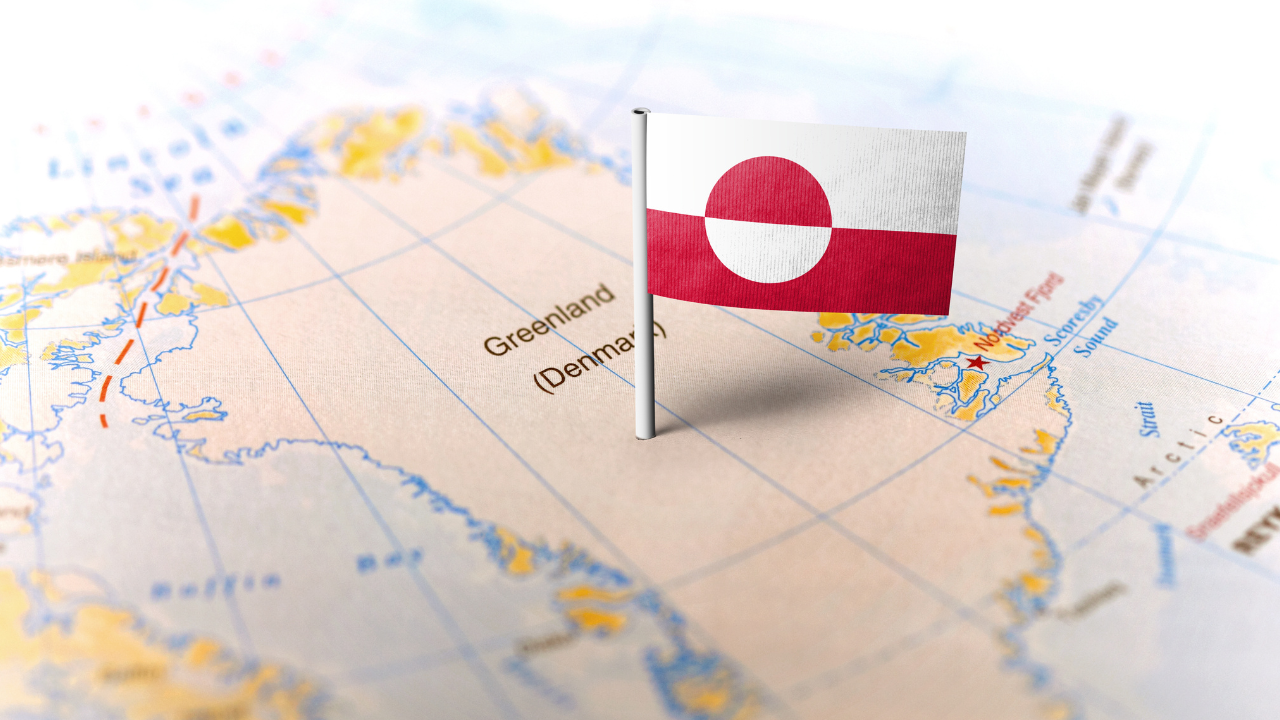Bhutan is a small, landlocked country in the Eastern Himalayas, bordered by China to the north and India to the south. Its long-standing isolation from the outside world has contributed to preserving its rich Buddhist traditions ⁽¹⁾.
Introduction to Bhutan’s Unique Development Philosophy
Bhutan’s social and political views are shaped by Buddhism, which emphasizes compassion, mindfulness, and balance. This is evident in the country’s ancient legal code from 1629, stating that “if the government cannot create happiness for its people, then there is no purpose for the government to exist.” ⁽²⁾
Gross National Happiness: A Guiding Economic Principle
Building on this moral foundation, the Fourth King, Jigme Singye Wangchuck, formally introduced Gross National Happiness (GNH) in the 1970s. ⁽³⁾ This philosophy is driven by the belief that economic prosperity should occur alongside spiritual and environmental progress, which the King believed would promote holistic development.
Despite its strong cultural and spiritual traditions, Bhutan faces economic challenges due to its remote geography in the Himalayas, limited infrastructure, and reliance on neighboring countries. Guided by Gross National Happiness, Bhutan’s economic approach emphasizes sustainable growth. It focuses on projects like hydropower development, renewable energy expansion, eco-tourism, and sustainable agriculture. ⁽⁴⁾ This ensures that economic progress must align with environmental and cultural preservation.
Bhutan’s strong cultural identity has somewhat limited its overall economic growth. Still, the country remains dedicated to pursuing economic progress that honors its deep Buddhist traditions.
Growth Anchored in Hydropower and Tourism
Bhutan’s real GDP growth is around 6.8% ⁽⁵⁾. According to the World Bank, the economy is projected to grow further to 7.6% in FY25/26 ⁽⁶⁾.
Bhutan’s economic growth is primarily driven by tourism, services and trade, electricity generation, and private construction, especially hydropower projects, which are expected to sustain and accelerate economic growth in the coming years. According to its Ministry of Finance, the country’s continued focus on improving tax policies, creating jobs, and strengthening financial stability is crucial for building a stronger, fairer economy that benefits all Bhutanese people ⁽⁷⁾.
Challenges: Connectivity, Concentration, and Dependence
However, Bhutan’s landlocked and mountainous geography severely limits its access to global markets, making it heavily dependent on India for trade routes and the export of goods, particularly hydropower.
In addition, Bhutan’s lack of infrastructure, especially its underdeveloped transportation systems due to poor road conditions, lack of direct access to seaports, etc. makes moving goods slow and expensive, limiting industrial growth in Bhutan .
As a result, Bhutan’s economy relies on a few key sectors like hydropower, tourism, and services. However, the heavy dependency on those businesses means that if one of those businesses slows down or faces disruptions, it can have a major negative impact on its entire economy ⁽⁸⁾.
Brief Outlook on Bhutan’s Stock Market : Small but Strategically Significant
Three Bhutanese companies : Royal Insurance Corporation of Bhutan Ltd. (RICB), Bhutan National Bank Ltd. (BNBL), and Bhutan Insurance Ltd. (BIL), are listed on the Royal Securities Exchange of Bhutan (RSEB) and are included in the MarketVector Total Global Equity Index (MTVGLE). These firms are among the most actively traded and highly valued in Bhutan, reflecting how the financial sector is the core of Bhutan’s stock market.
Over the past several years, these three Bhutanese financial stocks have underperformed compared to the MTVGLE Index ⁽⁹⁾. Within the same time period, while the global benchmark (MVTGLE) showed steady growth of about 76%, Bhutan Insurance Ltd. (BIL) fell by roughly 16.9%, Royal Insurance Corporation of Bhutan Ltd. (RICB) gained around 15.2%, and Bhutan National Bank Ltd. (BNBL) slipped about 0.5%.
Bhutan’s financial sector, which accounts for most of the country’s stock market, has experienced limited growth and weak momentum, reflecting slower economic expansion in equity markets, low market liquidity, and a weak correlation between Bhutan’s stock market and global equity markets and investment trends.
Limited Liquidity, Concentrated Exposure
As of the Q3 2025 review, with only 18 listed companies across banking, insurance, manufacturing, and tourism, the Royal Securities Exchange of Bhutan (RSEB) continues to show very low liquidity, recording an average daily trading volume (ADTV) below USD 2,000.
Most stocks in Bhutan trade infrequently, pointing to low investor activity and a general preference for long-term holdings. Bhutan’s underdeveloped stock market also shows that a greater portion of Bhutan’s economic activity happens outside of its stock market , in sectors like hydropower, government projects, and agriculture, not in publicly traded companies.
Performance (rebased to 100 from 12/22)

Source: MarketVector. BNBL-Royal Securities Exchange of Bhutan, RICB-Royal Securities Exchange of Bhutan, BIL-Royal Securities Exchange of Bhutan, Data as of October 28, 2025. Rebased to 100 from December 30, 2022 to October 28, 2025.
Foreigners are not allowed to invest at the stock market at all.
Sources:
¹ https://www.bbc.com/news/world-south-asia-12480707
² https://www.gnhcentrebhutan.org/history-of-gnh/
³ https://www.gnhcentrebhutan.org/history-of-gnh/
⁴ https://sustainabledevelopment.un.org/content/documents/19369Bhutan_NSDGR_Bhutan_2018.pdf
⁵ https://www.imf.org/external/datamapper/NGDP_RPCH@WEO/BTN?zoom=BTN&highlight=BTN
⁹ https://www.marketvector.com/indexes/global/marketvector-total-global-equity
About the Author:
Nordhen Lama is currently an Index Production and Calculation Specialist at MarketVector IndexesTM (MarketVector). He helps ensure the accuracy and integrity of index data, overseeing daily index calculations, corporate action adjustments, and rebalance implementations. Previously, Nordhen interned at MUFG Bank as a finance summer analyst. He holds a Bachelor of Science in Finance from Bentley University.
For informational and advertising purposes only. The views and opinions expressed are those of the authors but not necessarily those of MarketVector Indexes GmbH. Opinions are current as of the publication date and are subject to change with market conditions. Certain statements contained herein may constitute projections, forecasts, and other forward-looking statements, that do not reflect actual results. It is not possible to invest directly in an index. Exposure to an asset class represented by an index is available through investable instruments based on that index. MarketVector Indexes GmbH does not sponsor, endorse, sell, promote, or manage any investment fund or other investment vehicle that is offered by third parties and that seeks to provide an investment return based on the performance of any index. The inclusion of a security within an index is not a recommendation by MarketVector Indexes GmbH to buy, sell, or hold such security, nor is it considered to be investment advice.
Get the latest news & insights from MarketVector
Get the newsletterRelated:




